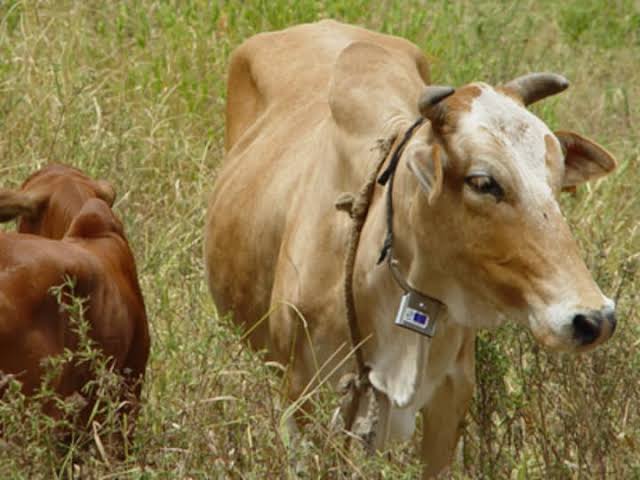FG embarks on tsetse fly survey to improve livestock health in Gombe

The Federal Government has embarked on a tsetse fly survey to improve livestock health and boost production in Gombe State, an official of the Federal Ministry of Agriculture and Rural Development has confirmed.
Mr Duchi Dang, the ministry’s Chief Tsetse fly Control Officer, Pest Control Division, Jos office, disclosed this to the News Agency of Nigeria (NAN) on Friday in Gombe.
Dang who is also the leader of the team from Jos office, said the exercise which is expected to take between five and seven days will be carried out in collaboration with local officials in Gombe state.
He stated that the exercise is of essence as it will help to ascertain if there are tsetse flies in communities where cattle and other livestock are reared as “this will give officials the right information to act.’’
According to him, livestock sub-sector contributes immensely to the nation’s economy and the food security effort of the Federal Government and “whatever affects that sector affects even the livelihood of livestock farmers.’’
He said when such a survey is concluded and the presence of tsetse flies established and control measures adequately put in place, it will reduce agricultural risks that livestock farmers are exposed to.
“We are here to conduct a survey on tsetse flies because they are pests that attack livestock. After the survey we will come out with control measures in that regard; issue a report and make recommendations before commencing with the control measures.”
Another member of the team, Mr Dagan James, Assistant Chief Scientific Officer, Veterinary and Pest Control Department, said the presence of tsetse fly causes Trypanosomosis or sleeping disease in livestock especially in cattle.
He stated that Trypanosomosis, if not controlled, could lead to low yields in livestock breeding and even death.
“When you take adequate measures to control tsetse fly, it will lead to improvement in animal health and better production in livestock farming and farmers would gain.’’
He called on livestock farmers in rural communities to always embrace initiatives by the government in this regard by being vigilant to report any suspected case to the ministry for assessment and prompt action. (NAN)
